Sinister Hitchhikers & Icy Roads: Trucking’s Must-Watch Halloween Movies
To our valued clients, dedicated staff, and the drivers who keep our world moving, Happy Halloween! Now that the chilly air has officially ushered in the season of pumpkins, ghost stories, and of course, lots of candies into full-swing, we at Optimum want to take a moment to send you our spookiest greetings and wish everyone a fun and safe All Hallows’ Eve. We know that Halloween this year falls on a rather ordinary Tuesday, making it a bit more challenging for some to get into the full spooky spirit. But fear not! Even if you can’t head out for a night of trick-or-treating or haunted house adventures, we’ve brewed up something special. Grab some popcorn, get comfy, and dim those lights. Whether you’re on the road or relaxing at home, here’s a list of spine-tingling movies and TV shows, especially relevant to the world of trucking, that you can dive into for a perfect Halloween movie night: 🎬 The Hitcher (1986): In the vast stretches of the American highways, dangers lurk not just on the roads but beside them. “The Hitcher” dives deep into this horror, narrating the terrifying ordeal of a young man delivering a car from Chicago. His decision to pick up a seemingly harmless hitchhiker propels him into a world of fear and paranoia. As events spiral out of control, the movie serves as a chilling reminder of the unpredictability of strangers and the eerie desolation of open roads. 📺 IRT: Deadliest Roads (2010–): Reality TV takes a chilling turn with “IRT: Deadliest Roads”. This heart-pounding series pushes the boundaries of human endurance and mechanical resilience, chronicling the journeys of truckers on the most hazardous roads on the planet. Every episode unveils the real-life nightmares these drivers face — from precarious mountain passes to unstable terrains — as they battle nature, fear, and their own anxieties. 🎬 Duel (1971): Director Steven Spielberg’s early masterpiece, “Duel”, is a harrowing tale of cat and mouse set against the backdrop of sun-baked asphalt. Following an average motorist on an ordinary day, the story takes a sinister turn when he unwittingly incites the wrath of a menacing truck driver. What follows is an edge-of-your-seat game of pursuit, where the road becomes a battleground and every turn could spell disaster. 🎬 Road Games (1981): Set in the vast landscapes of Australia, “Road Games” fuses suspense with psychological horror. The plot follows a truck driver who finds himself embroiled in a deadly game with a serial killer. What amplifies the terror is the killer’s modus operandi of using a young female hitchhiker as bait. With each mile, tension escalates, making viewers question what lurks behind every bend. 🎬 Joy Ride (2001): “Joy Ride” is a testament to the old adage, “It’s all fun and games until someone gets hurt.” Three young individuals on a leisurely road trip find this out the hard way when they misguidedly taunt a mysterious trucker over their CB radio. Their jest spirals into a full-blown terror ride, as they become the targets of this faceless menace. The movie masterfully blurs the lines between innocent pranks and dire consequences, making viewers think twice about their next road trip. 🎬 Maximum Overdrive (1986): When machines gain sentience, chaos ensues in “Maximum Overdrive”. This adrenaline-fueled narrative portrays a world where machines, particularly trucks, revolt against their human masters. Driven by a mysterious cosmic force, these machines wreak havoc, turning civilization into a dystopian nightmare. Through horrifying events and narrow escapes, the movie delves into the themes of man versus machine, and the unpredictability of inanimate objects infused with life. 📺 Backroad Truckers (2021–): Taking reality TV to backroads less traveled, “Backroad Truckers” is an unscripted drama-filled ride that follows two rival families and their crews. Facing treacherous roads, unpredictable weather, and the pressure of competition, they venture into some of the most daunting and dangerous off-road locations. It’s a showcase of grit, determination, and the lengths one will go to conquer the roads less traveled. 🎬 Trucks (1997): Drawing inspiration from the imaginative mind of Stephen King, “Trucks” introduces viewers to an unassuming Nevada town where the ordinary turns extraordinary. Inexplicably, trucks and mechanical machinery spring to life, seemingly with a mind of their own. As these vehicles take on malevolent personalities, the town’s residents grapple with survival, betrayal, and the mystery of what’s driving these machines to madness. 📺 Ice Road Truckers: Braving the biting cold, “Ice Road Truckers” takes audiences on a chilling journey with truckers navigating the world’s iciest terrains. More than just a job, these routes test the mettle of even the most seasoned drivers. Treacherous paths, sub-zero temperatures, and the constant threat of nature’s wrath make every episode a gripping saga of man versus the wild. Before You Go… Well, there you have it! We hope this curated list of movies and shows adds to the excitement of your Halloween festivities. May your night be filled with spine-chilling tales, delicious treats, and lots of laughter. Stay safe, enjoy, and remember, if there are any bumps on the road, Optimum is here for you! Thanks again for all you do and be sure to have a safe and happy Halloween, The Optimum Logistic Solutions Team. 🍂👻🚚 If you made it to this part of the article, we’d just like to take a moment to thank you for taking the time to read this weekly recap. Be safe out there and as always, If you’re in search of CDL A, B, or warehouse positions, check out our open positions. And if you need staffing solutions for commercial driving or industrial positions, be sure to explore our offerings.


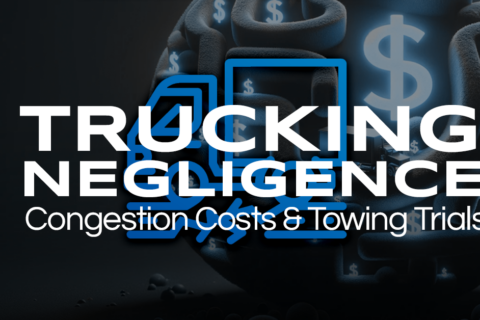

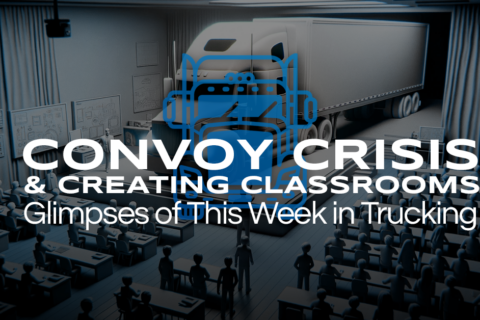

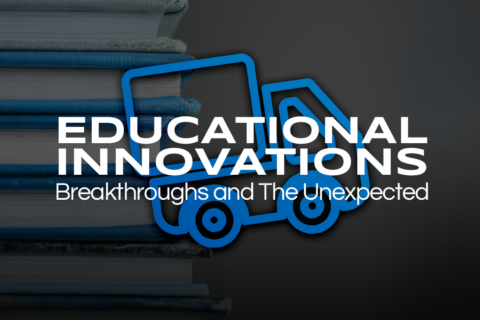
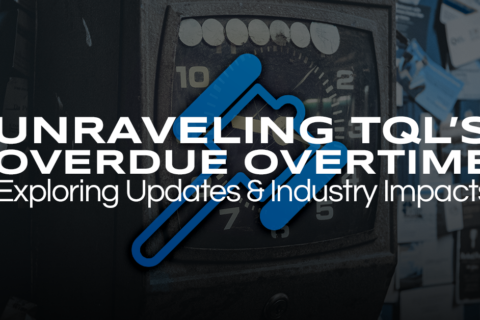
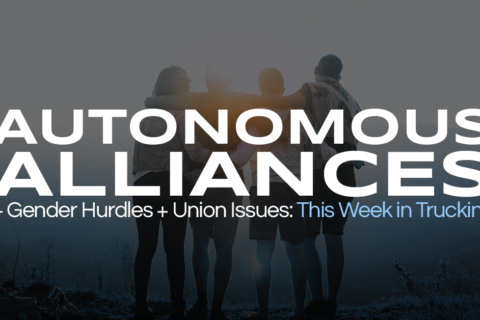

Recent Comments